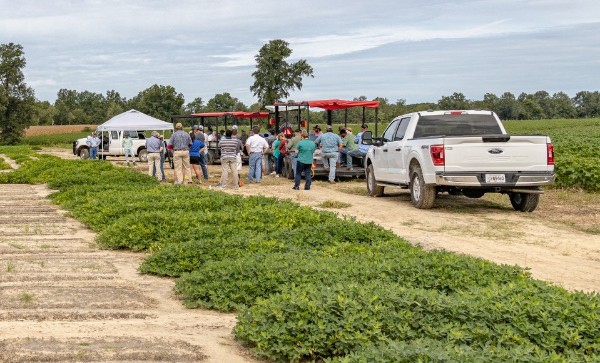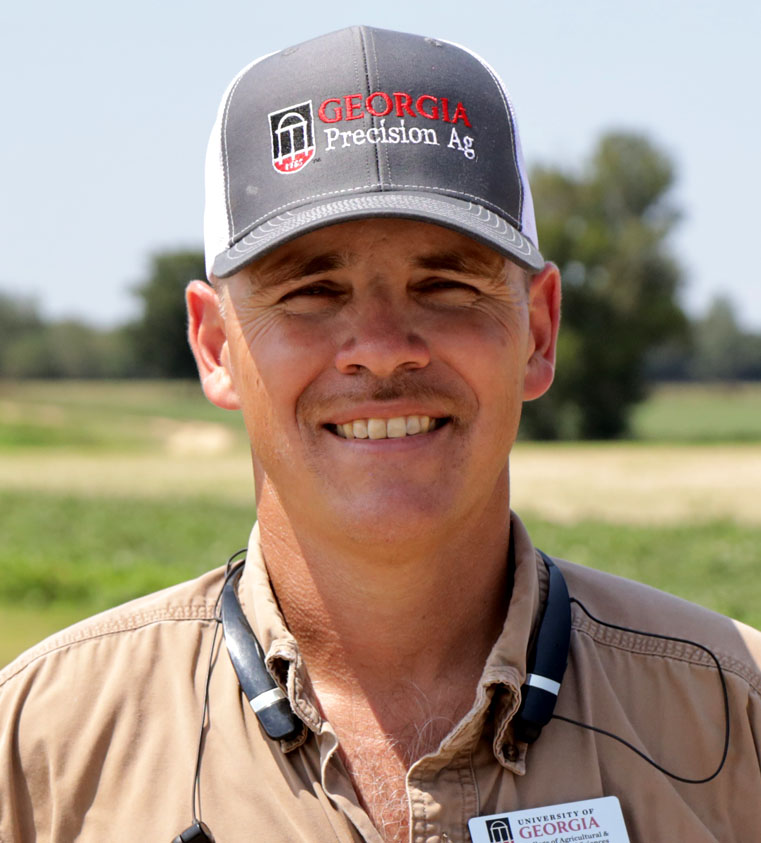
 R. Anthony Black
R. Anthony Black
Southeast Georgia Research and Education Center
9638 Highway 56 South, Midville, Georgia 30441
Our Work and Priorities
The Southeast Research and Education Center is located in Burke County near Midville, Georgia, which is situated between Augusta, Macon, and Savannah. Established in 1951, the 720-acre facility is part of the upper coastal plain region just south of the fall line. The Tifton and Dothan series are the predominant soils and represent well-drained, sandy loam soils. The area receives about 44 inches of rainfall annually, making it one of the drier regions of the state. As a result, many research projects focus on the efficient use of water.
Current research by UGA scientists and Extension agents focuses on row crops and includes cotton, peanuts, corn, soybeans, and small grains. Roughly 40 research projects are conducted annually. These include the evaluation of crop varieties, pest management strategies, and conservation tillage practices including cover crop systems. Most experiments are irrigated with center pivot systems. In addition, a 6-acre site is devoted to sub-surface drip irrigation.
The center hosts several outreach functions throughout the year, some in collaboration with Burke County Extension. An annual field day is held every August along with several smaller production meetings, training and workshops. Local school groups conduct field trips and Ag Awareness education at the center as well.

